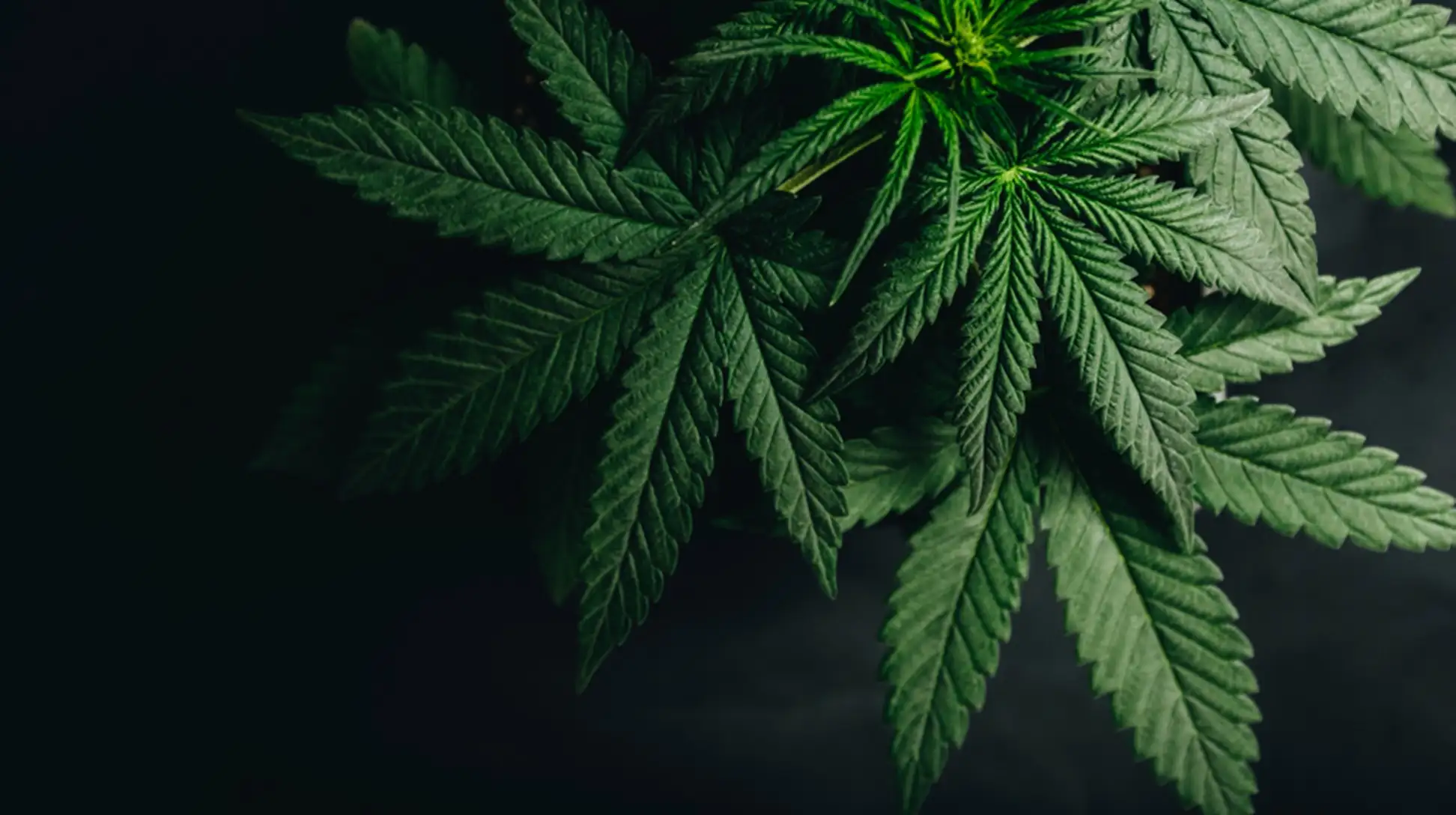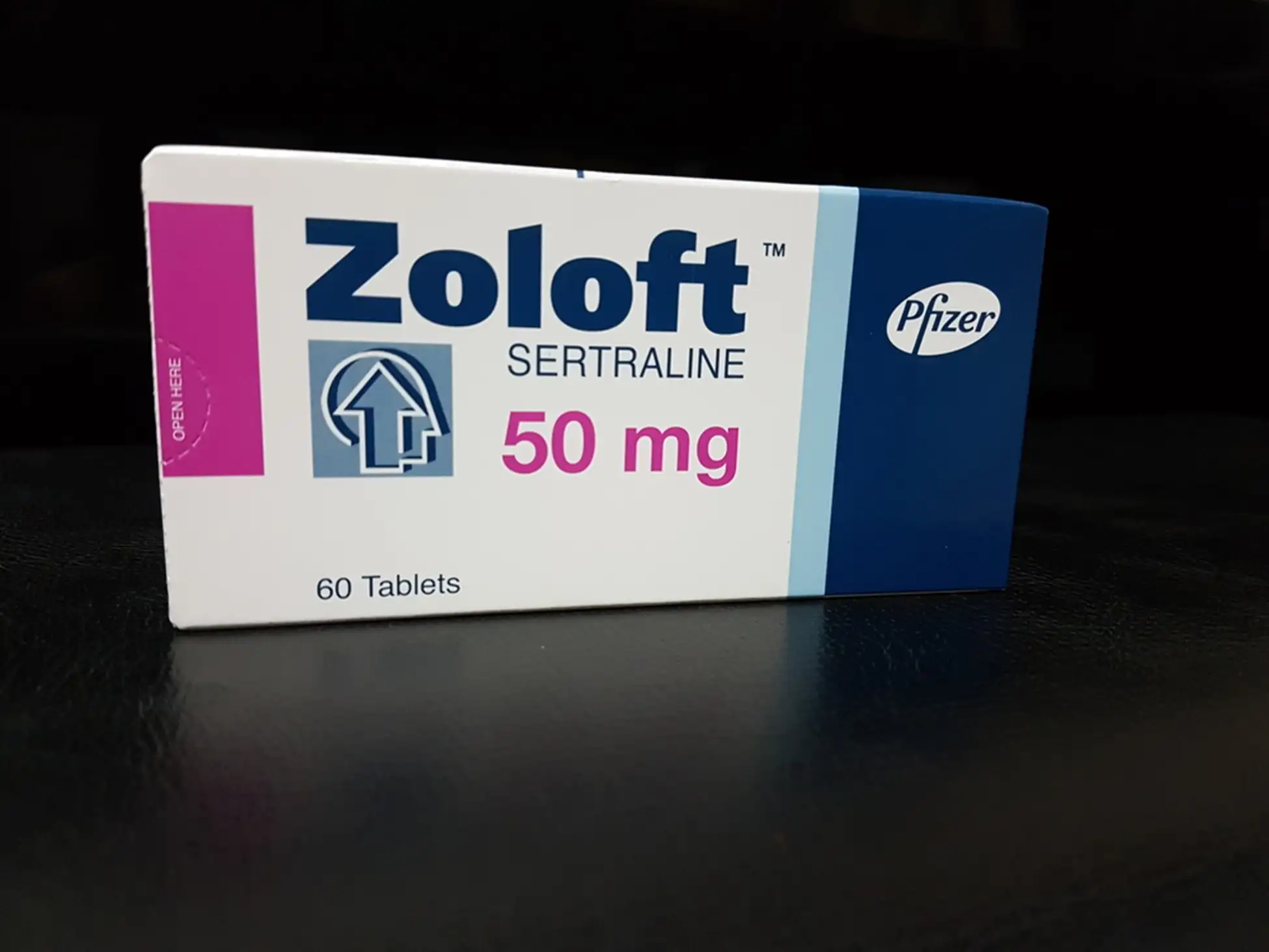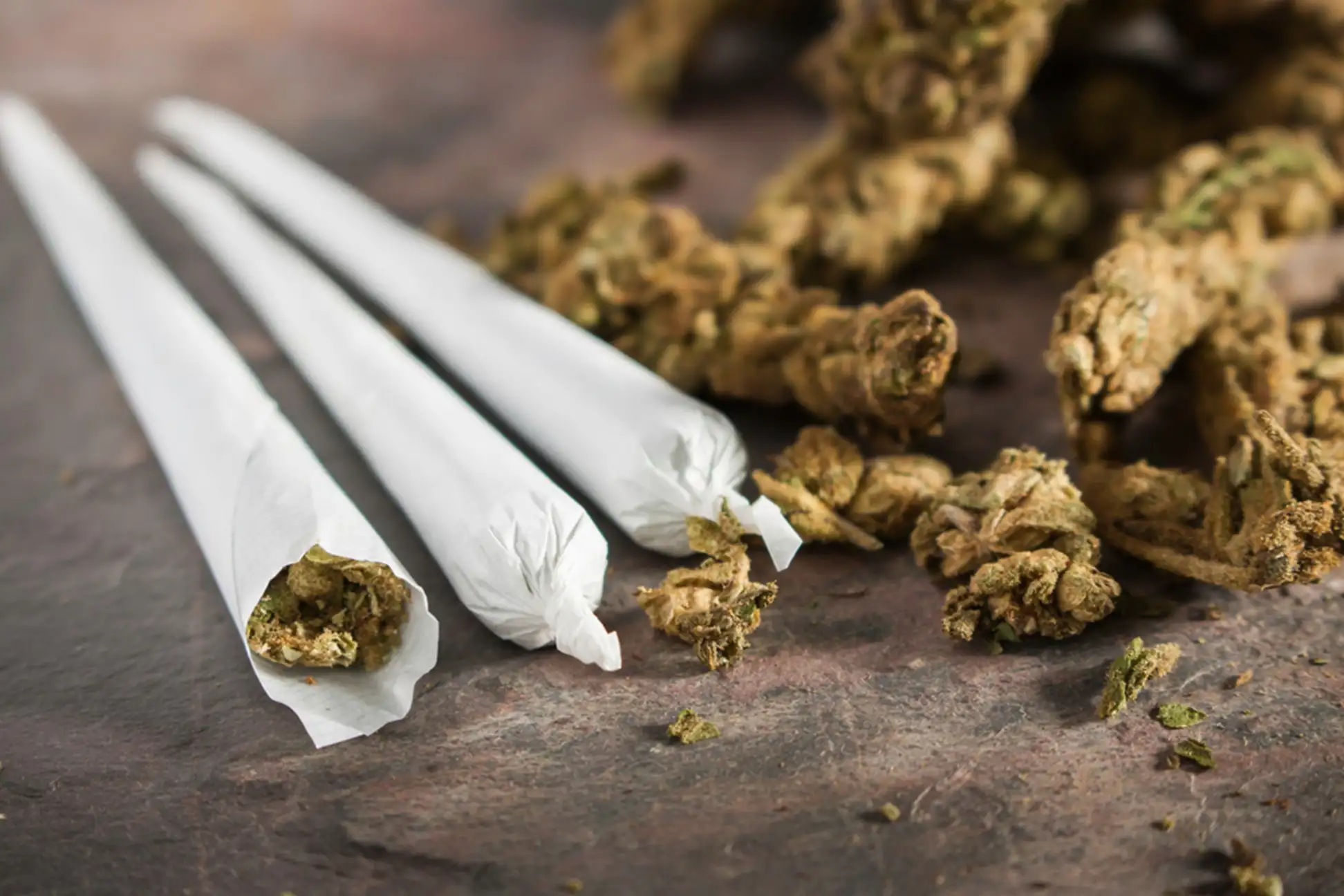
Zoloft and Marijuana: Exploring the Potential Interaction
When it comes to mental health, finding the right treatment can be a complex and individualized journey. While medications like Zoloft have been widely prescribed to help manage conditions such as depression and anxiety, some individuals may also turn to alternative remedies like marijuana. But what happens when these two substances intersect? In this in-depth blog post, we will explore the potential interaction between Zoloft and marijuana, shedding light on the scientific research, personal experiences, and considerations that individuals should keep in mind.

Understanding Zoloft
To comprehend the potential interaction between Zoloft and marijuana, it is crucial to have a clear understanding of each substance independently. Zoloft, also known by its generic name sertraline, is a selective serotonin reuptake inhibitor (SSRI) commonly prescribed to treat various mental health conditions. By increasing the levels of serotonin in the brain, Zoloft helps alleviate symptoms of depression, anxiety, obsessive-compulsive disorder (OCD), and post-traumatic stress disorder (PTSD).
However, like any medication, Zoloft does come with potential side effects. These can include nausea, dizziness, insomnia, and changes in appetite. It is important to consult with a healthcare professional before starting or adjusting any medication regimen, including Zoloft, to ensure it is the right choice for your specific needs.

Understanding Marijuana
Marijuana, also known as cannabis, has been used for both medicinal and recreational purposes for centuries. The plant contains various chemical compounds known as cannabinoids, with delta-9-tetrahydrocannabinol (THC) and cannabidiol (CBD) being the most well-known. THC is the psychoactive compound responsible for the “high” sensation, while CBD is non-intoxicating and has gained attention for its potential therapeutic benefits.
Marijuana is known to affect the body’s endocannabinoid system, which plays a role in regulating mood, pain, appetite, and sleep. While some individuals may use marijuana to manage symptoms of anxiety or depression, it is important to note that the effects can vary greatly depending on the strain, dosage, and individual factors. Additionally, marijuana can have potential side effects such as cognitive impairment, increased heart rate, and respiratory issues.

Zoloft and Marijuana Interaction
The potential interaction between Zoloft and marijuana is a topic of interest for many individuals who may be seeking alternative or complementary treatments. Can these two substances be used together safely? Are there any risks or concerns that should be considered?
While research on the specific interaction between Zoloft and marijuana is limited, there are important factors to take into account. Both substances can affect serotonin levels in the brain, although they do so through different mechanisms. Zoloft inhibits the reuptake of serotonin, while marijuana’s effects on serotonin are more complex and not fully understood.
Combining Zoloft and marijuana may potentially lead to an increase in serotonin levels, which could result in an excess of the neurotransmitter in the brain. This imbalance may lead to adverse effects, such as serotonin syndrome, characterized by symptoms like agitation, confusion, rapid heart rate, and tremors. However, it is important to note that serotonin syndrome is rare and typically occurs with high doses or combinations of medications that affect serotonin levels.

Studies and Research on Zoloft and Marijuana Interaction
While there is a lack of extensive scientific research specifically focusing on the interaction between Zoloft and marijuana, some studies have explored the effects of combining SSRIs with cannabis. These studies have generally focused on recreational marijuana use rather than medical marijuana and have produced mixed results. Some suggest a potential increase in side effects, while others report no significant adverse effects.
It is important to remember that individual factors, such as genetics, metabolism, and overall health, can greatly influence how a person responds to the combination of Zoloft and marijuana. Personal experiences and anecdotes from individuals who have used these substances together can provide valuable insights into potential benefits and risks. However, it is crucial to recognize that personal experiences may not necessarily reflect the experiences of others.
In the following sections of this blog post, we will delve deeper into the potential risks and concerns of combining Zoloft and marijuana, as well as provide recommendations for individuals considering using these substances together. We will explore real-life stories and anecdotes, as well as consult with healthcare professionals to gather a comprehensive understanding of this complex topic.
Stay tuned for the next section, where we will discuss the potential risks and concerns of combining Zoloft and marijuana, helping you make informed decisions about your mental health journey.

What is Zoloft?
Zoloft, also known by its generic name sertraline, is a medication that falls into the category of selective serotonin reuptake inhibitors (SSRIs). It is primarily prescribed to treat various mental health conditions, including depression, anxiety disorders, obsessive-compulsive disorder (OCD), and post-traumatic stress disorder (PTSD). Zoloft works by increasing the levels of serotonin, a neurotransmitter in the brain that plays a crucial role in regulating mood, emotions, and overall mental well-being.
Serotonin is often referred to as the “feel-good” neurotransmitter because it contributes to feelings of happiness and well-being. By blocking the reuptake of serotonin, Zoloft allows more of this neurotransmitter to remain in the synapses, thereby enhancing its effects. This helps alleviate symptoms associated with depression and anxiety, such as persistent sadness, loss of interest, excessive worry, and irritability.
It is important to note that Zoloft is not a quick fix or a cure-all solution. It typically takes several weeks for the medication to reach its full effectiveness, and it may require adjustments in dosage or combination with other treatments to achieve the desired results. Zoloft is usually prescribed by healthcare professionals who carefully evaluate the individual’s condition and determine the appropriate dosage based on factors such as age, weight, medical history, and response to the medication.
While Zoloft can be highly beneficial for many individuals, it is not without potential side effects. Common side effects may include nausea, diarrhea, dizziness, drowsiness, dry mouth, and changes in appetite. These side effects are usually mild and transient, but it is important to discuss any concerns with a healthcare professional. In rare cases, Zoloft may also cause more severe side effects, such as allergic reactions, suicidal thoughts, or serotonin syndrome, which is a potentially life-threatening condition characterized by agitation, confusion, rapid heart rate, and tremors. Therefore, it is crucial to closely follow the prescribed dosage and consult with a healthcare professional if any unusual or concerning symptoms arise.
Overall, Zoloft is a widely prescribed medication that has helped countless individuals regain control over their mental health. However, it is important to remember that each person’s experience with Zoloft may vary, and it is essential to work closely with a healthcare professional to determine the most effective treatment plan and monitor any potential side effects.

Understanding Marijuana
Marijuana, also known as cannabis, is a plant that has been used for various purposes throughout history. It contains different chemical compounds known as cannabinoids, with the two most well-known being delta-9-tetrahydrocannabinol (THC) and cannabidiol (CBD). These cannabinoids interact with the body’s endocannabinoid system, which plays a role in regulating various physiological processes, including mood, pain sensation, appetite, and sleep.
Marijuana is often used recreationally for its psychoactive effects, primarily attributed to THC. When consumed, THC binds to specific receptors in the brain, leading to alterations in perception, mood, and cognition. This is what produces the characteristic “high” associated with marijuana use. However, it is important to note that not all marijuana strains have high levels of THC. Some strains are bred to have higher levels of CBD, which does not produce the same psychoactive effects but may have potential therapeutic benefits.
In recent years, there has been growing interest in the potential medical uses of marijuana. Research suggests that certain cannabinoids, particularly CBD, may have anti-inflammatory, analgesic, and anxiolytic properties. As a result, medical marijuana has gained recognition as a potential treatment option for various conditions, including chronic pain, epilepsy, multiple sclerosis, and chemotherapy-induced nausea and vomiting.
However, it is important to approach the use of marijuana for medicinal purposes with caution. The legality and regulation surrounding medical marijuana vary from country to country and even within different states or regions. Additionally, the efficacy and safety of marijuana as a medical treatment are still the subject of ongoing research and debate. It is crucial to consult with a healthcare professional who is knowledgeable about medical marijuana and can provide guidance based on individual circumstances.
While marijuana may offer potential benefits, it is not without risks. Regular or heavy marijuana use can lead to dependence and addiction. It can also have negative effects on mental health, particularly in individuals who are predisposed to or have a history of psychiatric disorders. Marijuana use has been associated with increased risk of anxiety, depression, psychosis, and cognitive impairments, especially when started at a young age or used in high doses.
Moreover, the method of consumption and the strain of marijuana can also impact the effects and potential risks. Smoking marijuana, for example, can have negative effects on respiratory health, similar to smoking tobacco. Edibles and other forms of consumption may result in delayed onset and stronger effects. It is important to be aware of these factors and make informed decisions when considering marijuana use.
In the next section, we will delve deeper into how marijuana interacts with the body and discuss the potential effects of marijuana on mental health. Understanding these aspects is crucial in comprehending the potential interaction between Zoloft and marijuana.

Personal Experiences and Anecdotes of Individuals Using Zoloft and Marijuana Together
Personal experiences and anecdotes from individuals who have used Zoloft and marijuana together can provide valuable insights into the potential benefits, risks, and considerations associated with their combination. While personal accounts should not be taken as scientific evidence, they can offer a glimpse into the real-world experiences of those who have navigated the intersection of these substances.
In online forums and communities, individuals often share their stories of using Zoloft and marijuana together, discussing the effects they have observed and the challenges they have faced. Some individuals report positive experiences, suggesting that marijuana can enhance the effectiveness of Zoloft or help manage certain side effects. They claim that marijuana has helped alleviate symptoms of anxiety, improved mood, and provided a sense of relaxation.
On the other hand, there are also individuals who caution against combining Zoloft and marijuana. They share experiences of increased anxiety, intensified side effects, and difficulties finding the right balance. These individuals may have encountered adverse reactions, such as heightened restlessness, paranoia, or feelings of being emotionally disconnected.
It is important to note that personal experiences can vary widely. Factors such as individual physiology, dosage, strain of marijuana, and overall mental health can significantly influence the outcomes and potential risks. What works for one person may not work for another, and it is crucial to approach personal anecdotes with an open mind and recognize the limitations of relying solely on subjective experiences.
When considering personal experiences, it is also essential to consider the potential biases and limitations of self-reported accounts. Confirmation bias, where individuals may only share experiences that validate their beliefs, and placebo effects, where individuals perceive effects that may not be directly attributed to the substances, can impact the reliability of personal anecdotes. Therefore, personal experiences should be viewed as anecdotal evidence rather than definitive proof.
While personal experiences can provide insights, they should not replace consultation with healthcare professionals. Open communication with a healthcare professional who is knowledgeable about both Zoloft and marijuana is crucial. They can provide individualized guidance, take into account personal medical history and specific circumstances, and help weigh the potential risks and benefits of combining these substances.
In the next section, we will provide a comprehensive conclusion and offer recommendations for individuals who are considering using Zoloft and marijuana together. It is important to prioritize informed decision-making, prioritize safety, and seek professional guidance when navigating the complexities of mental health treatments and alternative remedies.

Conclusion: Zoloft and Marijuana Interaction
As we explored in this comprehensive blog post, the potential interaction between Zoloft and marijuana is a complex and multifaceted topic. While scientific research on this specific interaction is limited, it is important to consider the available information, personal experiences, and recommendations from healthcare professionals.
Zoloft, a commonly prescribed SSRI, is effective in treating various mental health conditions by increasing serotonin levels in the brain. Marijuana, on the other hand, interacts with the endocannabinoid system and can have psychoactive effects attributed to THC. Combining these substances may lead to an increase in serotonin levels, potentially resulting in adverse effects such as serotonin syndrome. However, individual responses may vary, and more research is needed to fully understand the risks and benefits of their combination.
Scientific studies on the combination of SSRIs and marijuana have produced mixed results. While some studies suggest increased cognitive impairment and potential interactions, others report no significant adverse effects. Personal experiences and anecdotes also vary widely, with some individuals reporting positive effects and others cautioning against the combination. It is important to approach personal experiences with an open mind, recognizing the limitations of anecdotal evidence.
Considering the potential risks and concerns, it is crucial to consult with a healthcare professional before combining Zoloft and marijuana. A healthcare professional who is knowledgeable about both substances can provide individualized guidance based on medical history, specific circumstances, and potential drug interactions. They can help weigh the potential benefits against the risks and provide informed recommendations.
Ultimately, the decision to combine Zoloft and marijuana should be made in collaboration with a healthcare professional, taking into account the specific needs and circumstances of the individual. Open communication, informed decision-making, and regular monitoring are key components of ensuring the best possible treatment outcomes and minimizing potential risks.
It is important to prioritize mental health and seek professional guidance when exploring alternative remedies or complementary treatments. The information presented in this blog post serves as a starting point for understanding the potential interaction between Zoloft and marijuana. However, it is not a substitute for personalized medical advice.
Remember, every individual is unique, and what works for one person may not work for another. By working closely with healthcare professionals, individuals can find the most effective and safe treatment plan for their mental health journey.